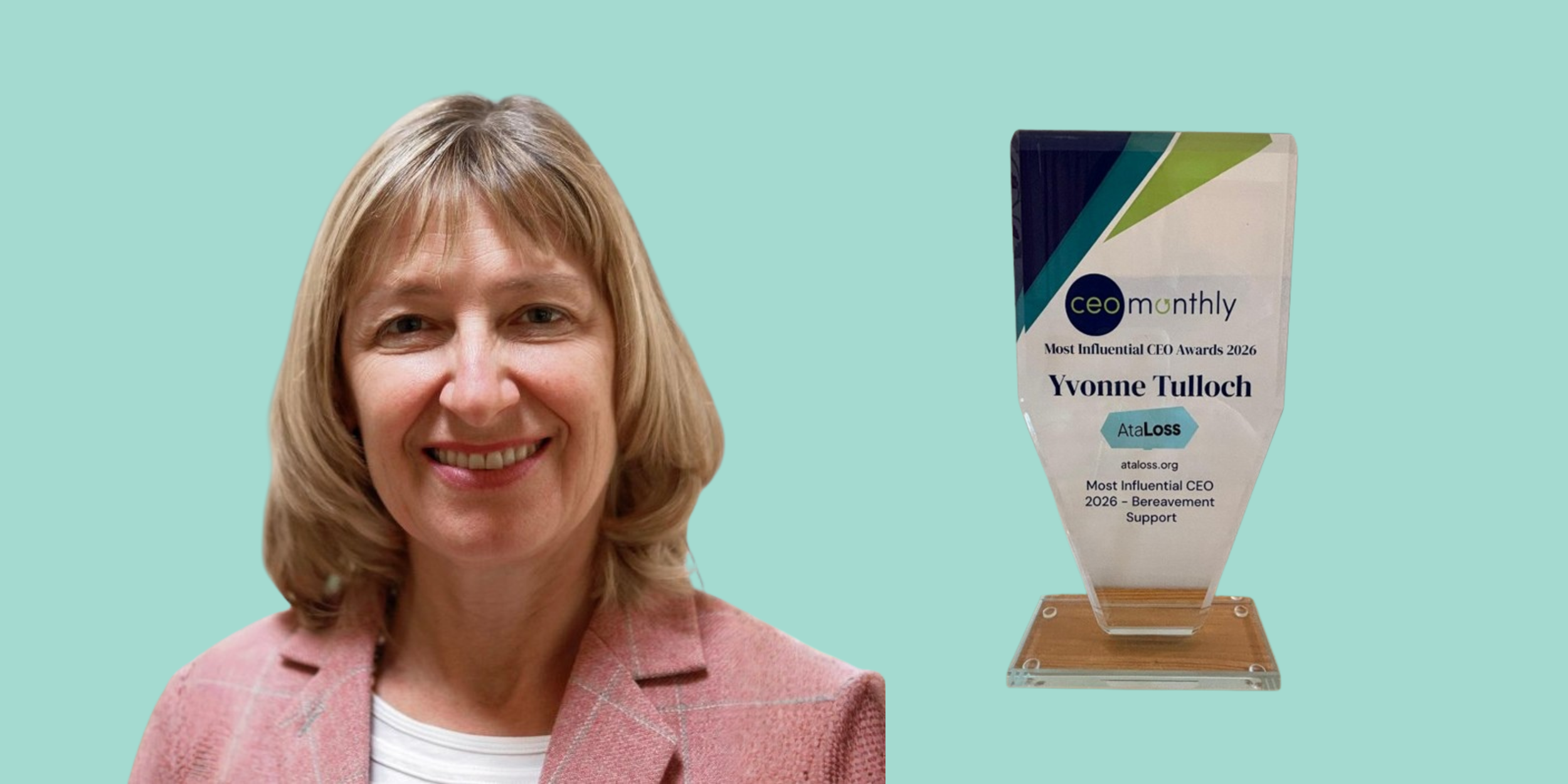The Impact of the Pandemic on Bereavement
Author: Yvonne Tulloch
Date: August, 2022
Overview: A total of 711 adults bereaved in the UK between March and December 2020, participated in this important research undertaken jointly by Cardiff and Bristol Universities which explores the impact of the pandemic on bereavement.
Results of The Impact of the Pandemic on Bereavement Research
The key findings were:
High-level needs for emotional support were identified.
Most participants had not sought support from bereavement services (59%) or their General-Practitioner (60%).
Of participants who had sought such support, over half experienced difficulties accessing bereavement services (56%)/General-Practitioner support (52%).
About 51% reported high/severe vulnerability in grief; among these, 74% were not accessing bereavement or mental-health services. Barriers included limited availability, lack of appropriate support, discomfort asking for help and not knowing how to access services.
About 39% experienced difficulties getting support from family/friends, including relational challenges, little face-to-face contact and disrupted collective mourning. The perceived uniqueness of pandemic bereavement and wider societal strains exacerbated their isolation.
Conclusions:
People bereaved during the pandemic have high levels of support needs alongside difficulties accessing support. The researchers recommended increased provision and tailoring of bereavement services, improved information on support options and social/educational initiatives to bolster informal support and ameliorate isolation.
Latest News



